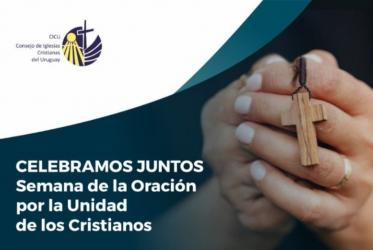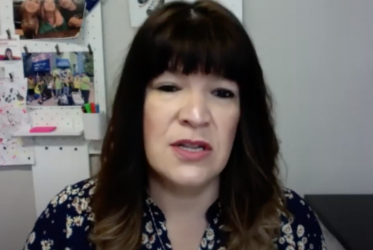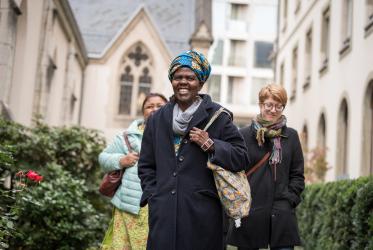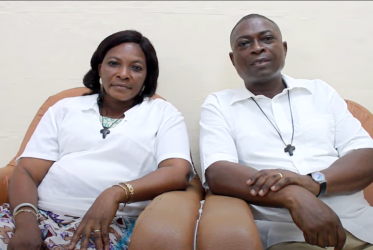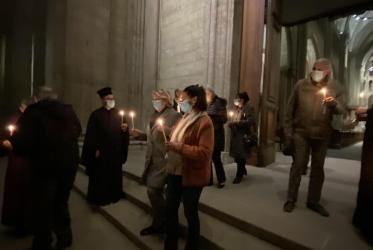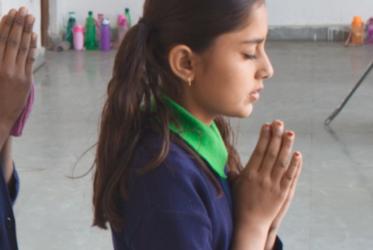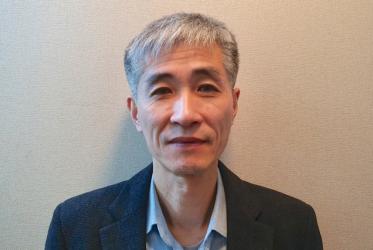Displaying 61 - 80 of 87
The ecumenical spirit at Calvin’s Cathedral
24 February 2021
Pray without ceasing!
04 February 2021
In pictures: Week of Prayer for Christian Unity
01 February 2021
WCC to host online prayer for Week of Prayer for Christian Unity
21 January 2021
Rev. Shin Seung-min: “We want to create hope, not despair”
22 December 2020


